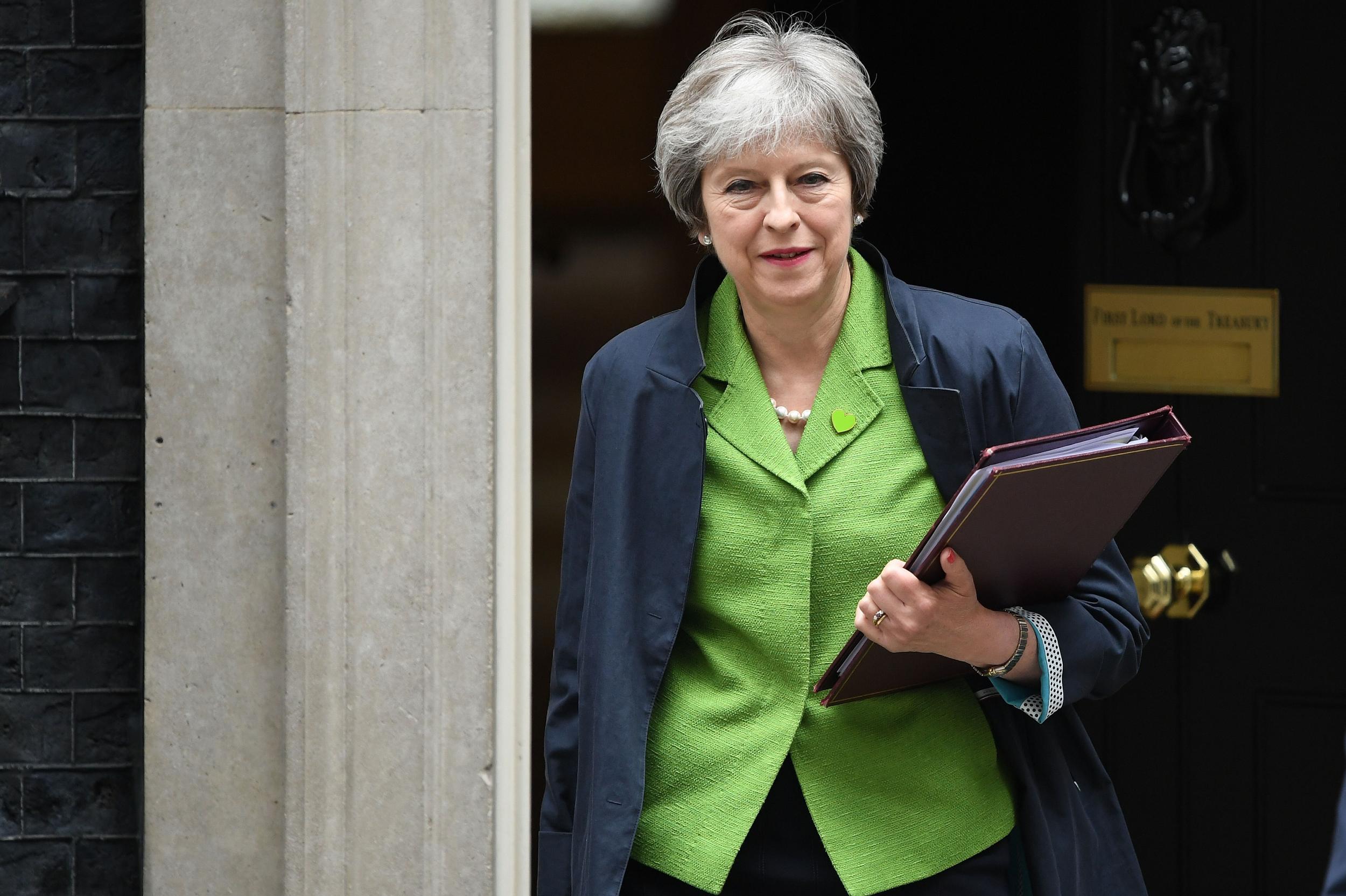Theresa May survives another week – but one day the Brexit road will run out
We hear horror stories about how short term the Downing Street operation is. Perhaps politics is always like this, but May’s horizon never seems to lift beyond the middle of next week. And so far, it has worked


Your support helps us to tell the story
From reproductive rights to climate change to Big Tech, The Independent is on the ground when the story is developing. Whether it's investigating the financials of Elon Musk's pro-Trump PAC or producing our latest documentary, 'The A Word', which shines a light on the American women fighting for reproductive rights, we know how important it is to parse out the facts from the messaging.
At such a critical moment in US history, we need reporters on the ground. Your donation allows us to keep sending journalists to speak to both sides of the story.
The Independent is trusted by Americans across the entire political spectrum. And unlike many other quality news outlets, we choose not to lock Americans out of our reporting and analysis with paywalls. We believe quality journalism should be available to everyone, paid for by those who can afford it.
Your support makes all the difference.Theresa May survives to fight another day. She won the vote today, but only by postponing the big clash. Most of the Conservative rebel MPs agreed to a last-minute compromise. The amendment they wanted will now be introduced in the House of Lords next week, and will come back to the Commons after that.
In the end, Dominic Grieve, the rebel leader, and his supporters, including Sarah Wollaston and Justine Greening, voted with the government on the vote we thought was going to be decisive. Phillip Lee, the justice minister who resigned this morning so that he could vote against the government, ended up not voting at all.
The vote was really about who controls the Brexit deal that the government hasn’t negotiated yet. Most MPs support Britain staying in a customs union with the EU, but Theresa May wants to get out of it. How that tension is going to be resolved, and whether it can be resolved without the disaster of a no-deal Brexit, is the great question hanging over the rest of this year.
There will be a vote on a customs union tomorrow, but that has been smoothed over by a form of words to keep it ambiguous. That battle has been postponed until the trade bill is voted on next month. So it looked as if today’s vote on the “meaningful vote” would be the crunch point – and now that has been postponed too.
The prime minister has conceded some ground. Her ministers have agreed to talk to Dominic Grieve, the polite, lawyerly former attorney general, about his definition of a “meaningful vote”. He wants to give parliament control of the Brexit negotiations if it doesn’t approve of the government’s deal by the end of November.
Who knows what form of words will emerge from Grieve’s negotiations with the government, but it is likely to be closer to what the Tory rebels want than what the government proposed today. Every time Theresa May gives ground, she gives ground to the soft-Brexit majority in the Commons.
We hear horror stories about how short term the Downing Street operation is. Perhaps politics is always like this, but May’s horizon never seems to lift beyond the middle of next week. And so far, it has worked. Today, it worked again. The whips didn’t take the risk of losing the vote, so they put it off.
Then she has to get through next week, or put it off until the week after that. Then she will find herself at the European Council in Brussels, at the end of this month, with her government’s negotiating position still undecided.
After that there will be a two-day session at Chequers, her country house, at which the cabinet will be, metaphorically, locked in and told they cannot come out until they have agreed a policy. On past form, they might close the yawning gulf between them by a few inches, and then decide to drift on.
It may be that Theresa May is looking ahead further than next Wednesday. It may be that her strategy is risky rather than cautious. It may be that she has calculated that, the closer she gets to Brexit day, 29 March next year, the more power she will have to bounce what is left of her cabinet into a soft Brexit deal that is acceptable both to the Commons and to the EU27.
If so, that could be dangerous. One of these days there won’t be another day to fight for. The longer the Brexit crisis is postponed, the more likely it is that it will end in the disaster of no deal at all.
Join our commenting forum
Join thought-provoking conversations, follow other Independent readers and see their replies
Comments